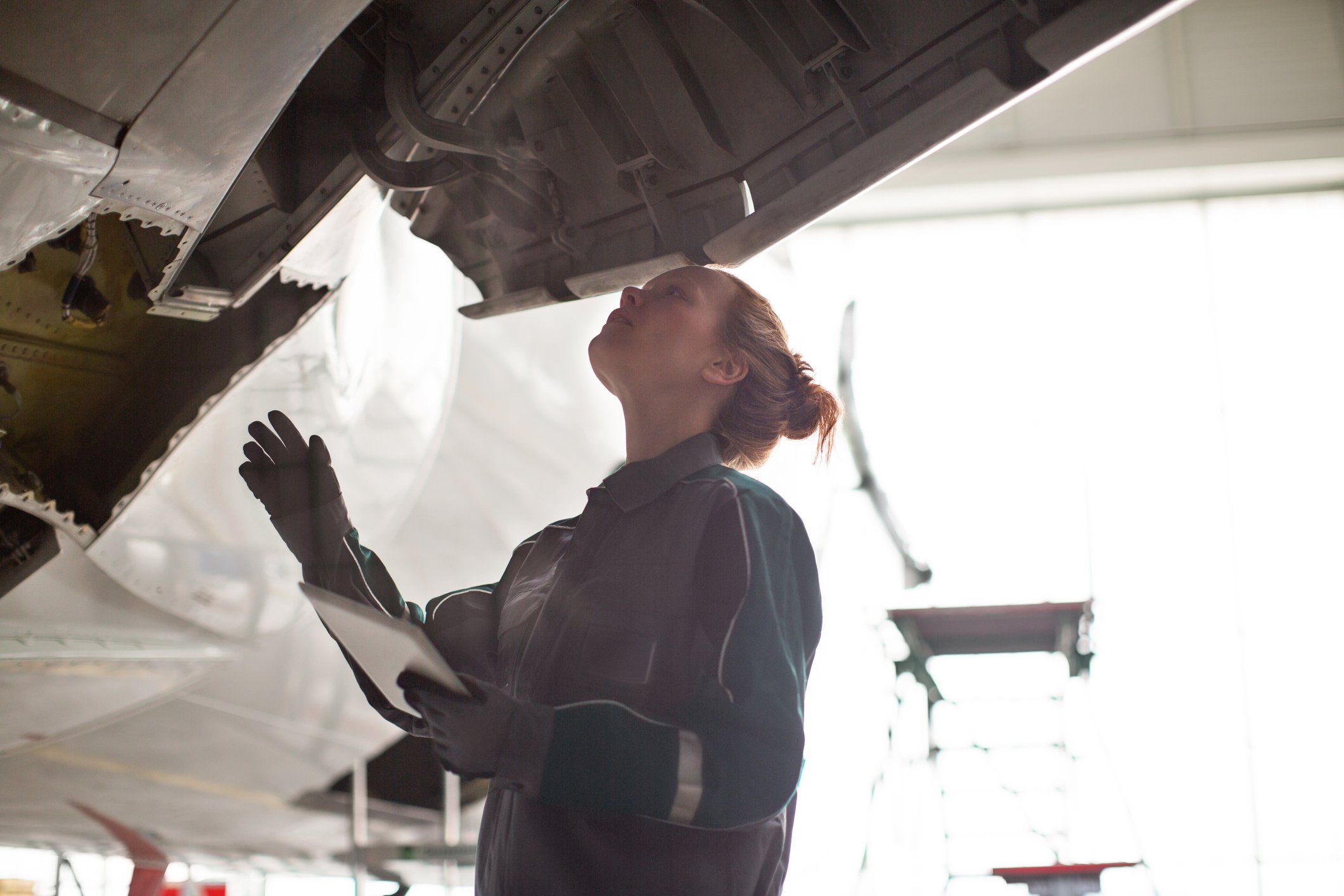What happened
Shares of Hexcel (HXL 1.98%) climbed 10% on Monday morning after the aerospace and defense component manufacturer agreed to merge with Woodward (WWD 0.84%). The deal will create a $5 billion sales powerhouse with the wherewithal to weather Boeing's (BA 0.02%) 737 MAX issues and invest in future growth.
So what
The deal, which was announced on Sunday night, calls for Hexcel shareholders to receive 0.625 shares of Woodward common stock for each share held. The deal values Hexcel at about $6.43 billion, or $76.23 per share, based on Woodward's Friday close, and offers Hexcel shareholders a premium of about 4.5% over Friday's closing price.

Image source: Getty Images.
After the deal, Woodward shareholders will own about 55% of the company, to be called Woodward Hexcel, with Hexcel CEO Nick Stanage set to be chief executive of the combination. Current Woodward CEO Tom Gendron will serve as executive chairman for at least one year.
Hexcel and Woodward both make components used in commercial aerospace and defense applications, with Hexcel best known for its composite metals technology and Woodward for its power and control products. The combination will generate net revenue of about $5.3 billion and EBITDA of $1.1 billion, employing more than 16,000 people at manufacturing operations in 14 countries on five continents.
Now what
In their statement announcing the transaction, the companies highlighted that the combination will be able to manufacture at scale and generate better returns that can be invested in R&D, but the deal also comes at a time when the entire aerospace supply chain is reeling from the grounding of the 737 MAX. Hexcel generates about 25% of its total sales from Boeing, and Woodward about 15%, and both are affected by the 737 MAX's production slowdown.
On paper this deal makes sense, and it should create a larger, more diversified company better able to weather the cyclical nature of the aerospace industry and platform-specific problems like those of the 737 MAX. But mergers are fraught with danger, and the companies will take at least six months to merge and years to fully integrate. There is no reason to rush in and buy these shares at this moment.








